Where to find Precious Jewels
Where to find Precious Jewels . Precious Jewels and coins are the two most common items found in metal detectors. There is an abundance of lost jewels waiting to be found. All items from gold and platinum rings to silver bracelets, to diamond rings are buried there. You can detect metal just about anywhere but, if you want to find more than just rusty nails and screws, you will want to expand your knowledge bank with good places to visit and eventually rotate. Get ready to travel, count the steps, and mark your network. Finding the right spot could mean making a rare and profitable find.
First of all, Get permission to detect metal
The best fishing sites are usually privately owned and having written permission may help with potential legal disputes that may arise as a result of your actions and discoveries. You may be required to obtain permission and follow additional policies for this site. Some locations may allow metal detection but not drilling. Do your legal research first because accidental trespassing and illegal metal detection have serious financial consequences and may affect the metal detection community.
To help narrow down the list of sites that may interest you, you should also consider the type of mineral you want to find. You will not find gold if you are not in the gold zone. You may only find recent coins depending on the state and region you are looking for. The types of effects will change between the battlefields and beaches. The more specific you are about your goals, the more specific you will be about potential fishing grounds.
Gardens
Lots of people, lots of lost trinkets and coins you can find there. The playground isn’t the only place to look, you should also look around the side lines where parents sit and put their belongings. Consider searching next to a playground or track, or around garden fences, under benches, trash cans, parking lots, and picnic tables.
Schools
Old and New School sites will require permission and a New School search will have to wait until holidays while students are not in session. Terraces, sports fields, and common areas may contain good finds.
Sports venues and fairs
Lots of people, foot traffic, money, trinkets, and food. This amounts to the possibility of finding good finds such as coins and jewelry, but there will be a lot of junk too. You must also be very careful not to damage the lawn and grass while digging. Look in ball fields, under stands, around trees, picnic areas, and where vendors usually handle products and money.
Streams, rivers and lakes
Your search along the shores of these areas may be worth your time. Lakes usually contain a lot of items that visitors and swimmers have missed. The streams and rivers may have brought gold nuggets, relics, and other good things that settled along the banks and under the water. Waterproof search coils are essential for these areas.
Beaches
The great thing about the beach is that it never gets old as a fishing site. The tide is constantly bringing in new and old things, storms tear the landscape to reveal old things that were deeply buried, and new things are lost all year long by visiting tourists and beachgoers. A beach detector with ground-balance capability of salt water and sand scoop is a must.
Fields
The newly trivial fields contain layers of dirt are recycled by bringing deep buried things to the surface. Ancient fields may also be of historical importance as gathering sites or a battlefield. Ancient effects, old currencies and bills may be the hot spot in these sites. Some research will be a successful key.
Fighting yards
There are many types of sites around the world. In the United States, fishing may lead to fighting areas in civil war to produce rifle balls, old metal currencies, buttons and other effects and treasures. Other similar sites with indigenous American war elements can include federal territories and protected areas. Requires metal detection in tribal territories as we must return any discoveries to the original tribe. Europe has its share of fighting yards and it is still possible to discover many ancient monuments, weapons, primitive tools and old metal currencies.
Old historical buildings and homes
Starting from mineral currency caches buried to silver food utensils and candlesticks, old historical homes and buildings provide a lot of amateur potential. Even external buildings and ancient gardening beds may be promising hot areas. See under ancient trees where annual savings may have been buried or under the balconies where metal currencies may drop through gaps. The trick to achieve success here is getting permission first.
Abandoned mines
Fishing in these ancient mines is dangerous because it is unstable and safe, so all necessary precautions must be followed to ensure your health. You may be able to find the waste, golden troops may have lost or fell from the mine cart, and perhaps some golden pieces. You will also find lots of steel elements such as hooks, railways and old mining lamps.
Shipwrecks
There is a lot of research required before diving using metal detectors. You must have the right machine, underwater detector, and technical knowledge of what you are looking for and the place you are looking for. You can also search for coastal beaches where the wreckage has been known.
Even at anywhere metal detecting is permitted, there may be certain guidelines to follow. for example most recreation areas prohibit the use of metal detectors during June, July and August when crowding on the beaches is intense. both the crowds and the heat make this an unpleasant time for metal detecting, anyway, so you’re not missing out on anything.
General beach guidelines request that all beach users – whether metal detectorists or families building sand castles – fill in any holes they dig in the sand. So, if your scanner leads you to start digging, fill in the hole once you’re done. Additional rules governing beach usage also apply.
Should you be lucky enough to find an artifact from a real shipwreck or other item of historical value, there are additional regulations to be aware of. The laws that could affect you during your metal detecting at the Outer Banks are the Archaeological Resources Preservation Act and the National Historic Preservation Act. Essentially, anything you find that appears to be a historical artifact needs to be reported, not pocketed – or risk a fine. Additionally, if the object you discover appears to be over 100 years old, you’re supposed to leave it where it is and report it. This allows professionals to remove it, avoiding damage to fragile objects with potential historic significance.

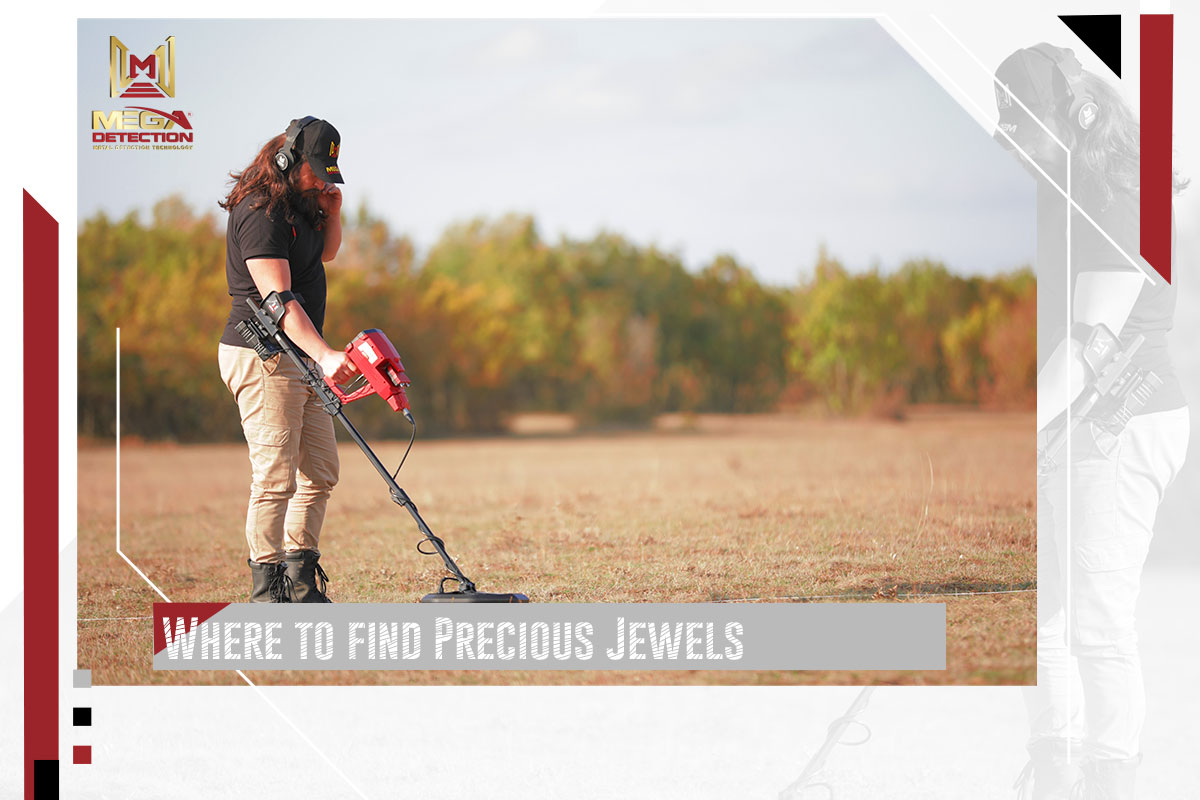

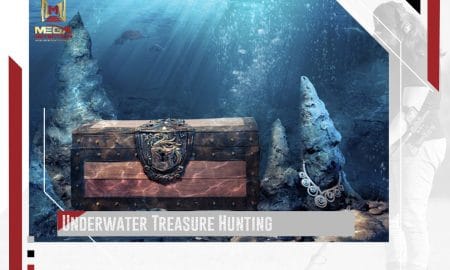
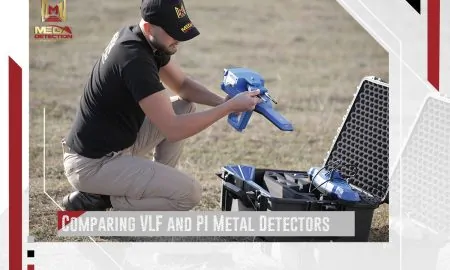

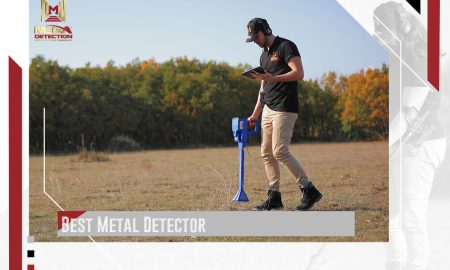

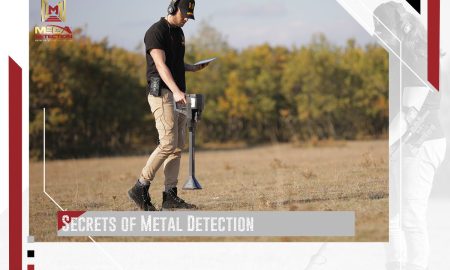
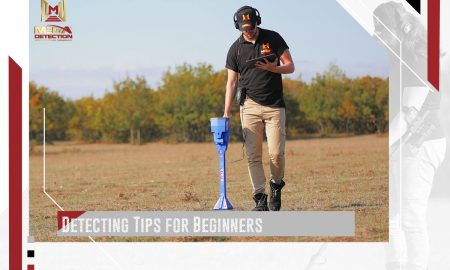
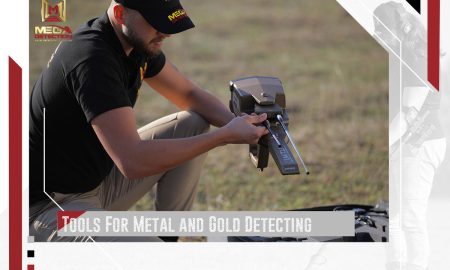

Leave a Reply